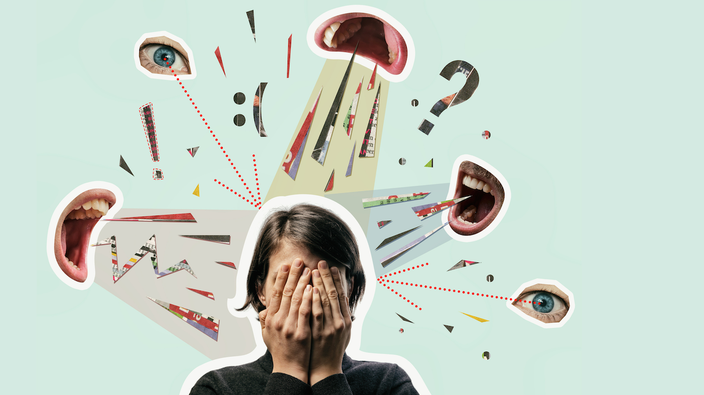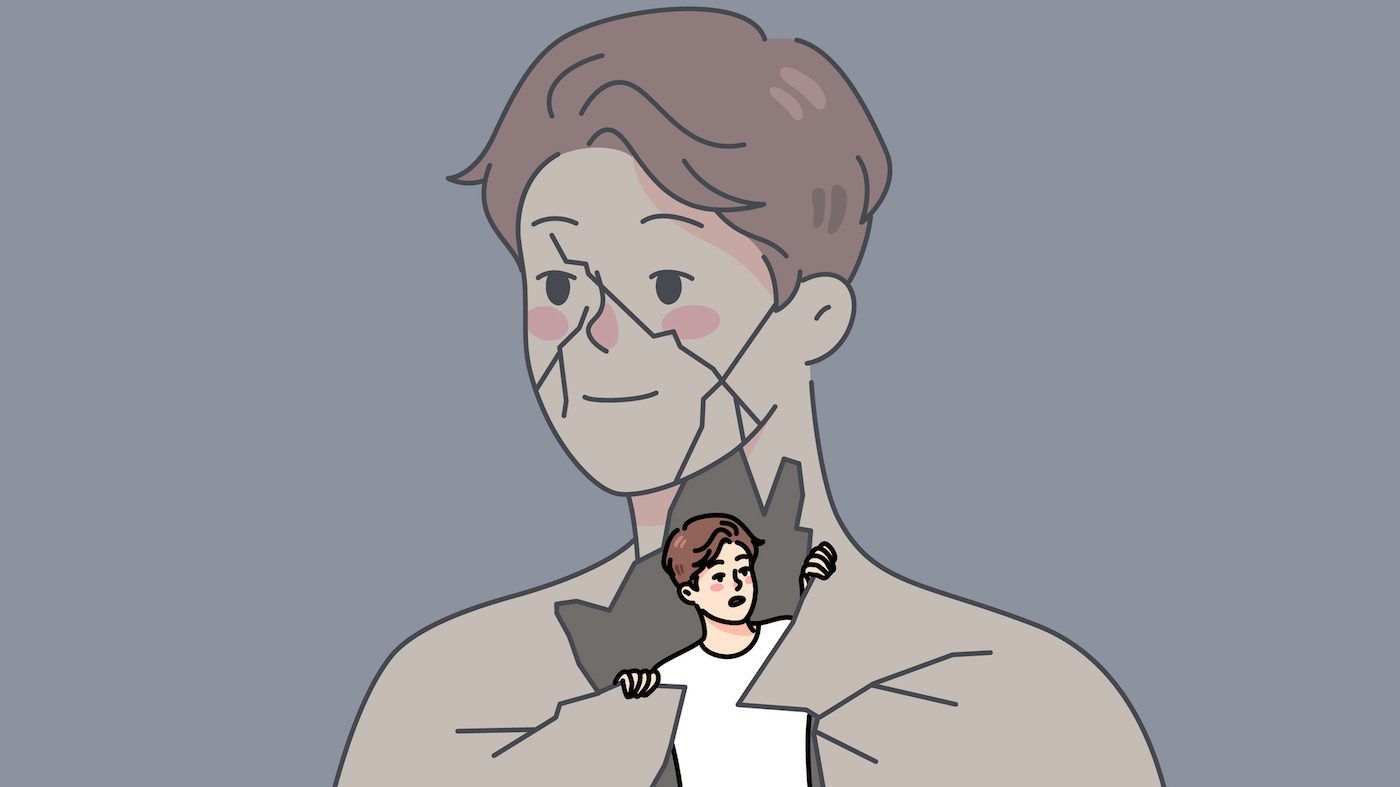common anxiety disorders include panic disorder, social anxiety disorder, phobias, obsessive-compulsive disorder and generalized anxiety disorder. no matter how many disorders a person suffers from, however, properly identifying the root cause of the anxiety is the first step to successful treatment and a return to a sense of normalcy.
what are the symptoms of anxiety?
although symptoms can vary based on the specific form of anxiety, most disorders share some hallmark signs which include:
- irrational and excessive fear
- difficulty managing daily tasks or managing the distress related to these tasks
- feeling apprehensive or tense
- an increased heart rate
- sweating or trembling
- breathing quickly or hyperventilating
- difficulty sleeping
- trouble concentrating on things other than the current source of anxiety
a sign that it’s time to seek help from a medical professional is when your anxieties are beginning to take up too much of your mental energy or if they are difficult to control and interfere with your day-to-day life.
how is anxiety diagnosed?
determining the specific type of anxiety a person is experiencing is crucial to effective treatment. this usually begins with an examination by a health professional who can determine if a physical issue is the underlying cause. if there is no underlying health issue, patients may be referred to a psychiatrist who is better equipped to deal with mental health issues. a mental health professional
can provide a psychological evaluation that includes a discussion about the specific thoughts, feelings and behaviours that relate to their anxiety. they will likely rely on the diagnostic and statistical manual (dsm) of mental disorders when making a diagnosis.
 4 minute read
4 minute read









